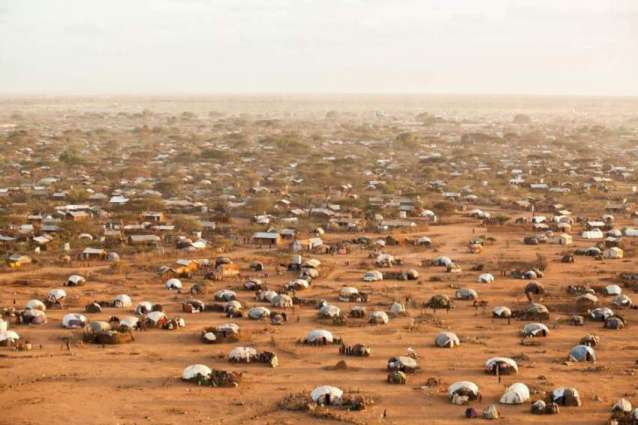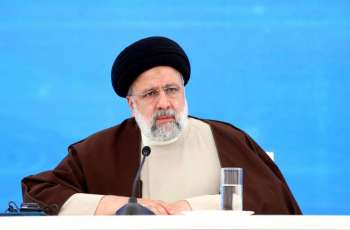About 28,000 Syrians have effectively become hostages in the Rukban camp since US-controlled armed groups are demanding that they pay a fee in exchange for permission to leave the area, the Russian and Syrian interdepartmental coordination staffs said in a joint statement on Wednesday
MOSCOW (Pakistan Point News / Sputnik - 03rd July, 2019) About 28,000 Syrians have effectively become hostages in the Rukban camp since US-controlled armed groups are demanding that they pay a fee in exchange for permission to leave the area, the Russian and Syrian interdepartmental coordination staffs said in a joint statement on Wednesday.The Rukban refugee camp is located in a US-controlled zone surrounding its base in At-Tanf. The Russian and Syrian militaries have repeatedly said that the situation in the camp, which hosts more than 40,000 internally displaced people, most of whom are women and children, is nearing a humanitarian catastrophe.
"About 28,000 Syrians who are still living in Rukban in terrifying conditions are unable to leave its territory and are the hostages of the US-controlled armed groups that demand up to $1,500 from each family for exiting [the camp]," the statement said.
The document also stressed that the majority of the families in the camp simply did not have this much cash, but thanks to Russian-Syrian efforts, about 15,000 refugees have already left the camp. Nevertheless, the message regretfully noted that the rate at which people were fleeing Rukban had decreased and that only 2,064 people had managed to leave the camp over the past month, compared to the 5,737 who left in May.
The Russian and Syrian coordination staffs also urged the US command in Al-Tanf zone to stop the armed groups' criminal activities and provide the refugees with an unhindered exit from Rukban.
Both Moscow and Damascus have repeatedly called on the United States to allow refugees who want to leave the camp to do so and even set up humanitarian corridors to facilitate their return. In January, the World Health Organization described the people in the camp as "trapped," adding that they lived "in deplorable conditions." Limited water supply and poor health care facilities contribute to the spread of diseases, which include influenza, measles, tuberculosis and chronic respiratory diseases, the organization said.




